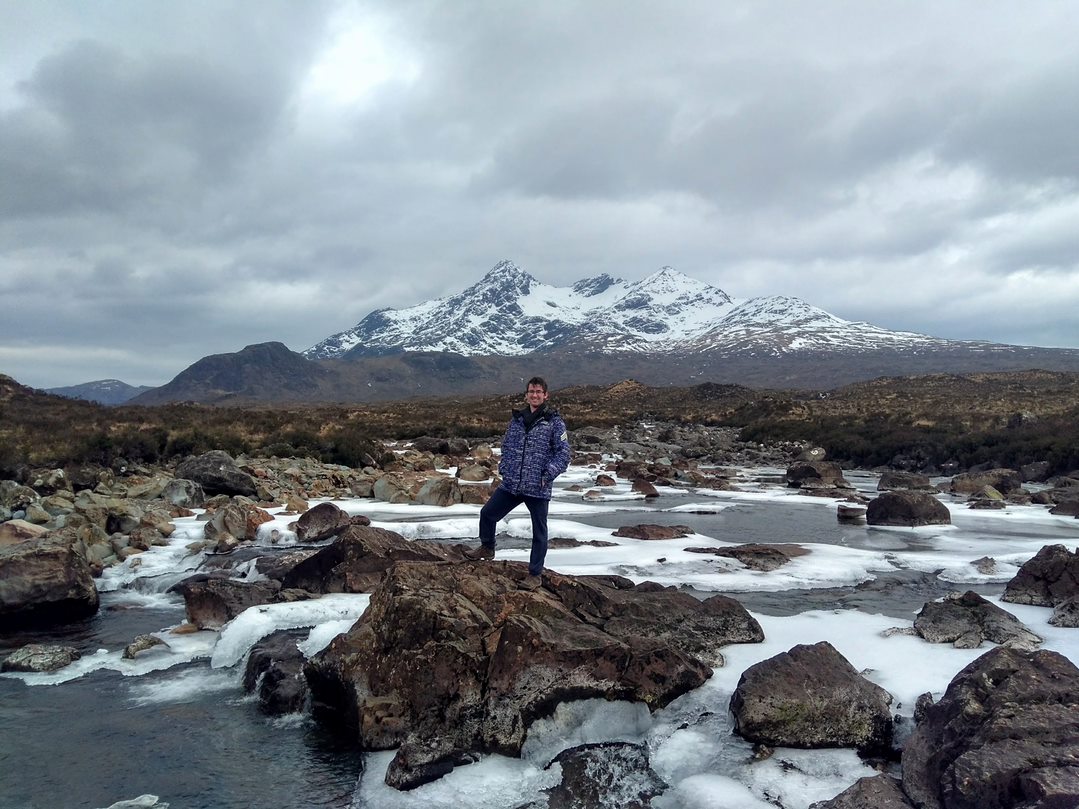Health and Wellness
Medical requirements pre-departure and facilities on-site vary greatly country to country and students should work closely with their program and doctor to be prepared. Here are some tips to keep in mind:

- Travel consultation: Bowdoin’s Health Center is a travel clinic, so if you need a travel consultation and vaccinations make an appointment right away as they have limited space.
- Prescriptions: Bring sufficient prescription medication for your entire time away; Health Services can help you get a waiver from the insurance company to obtain more than the usual one-month supply. Carry prescription medication in its original container, and have a copy of the written prescription that gives the drug's generic, not U.S. brand, name. Some countries restrict the importation or supply of certain medications commonly prescribed in the U.S.; check with the consulate or embassy. Never mail medicine.
- Mental Health: Going abroad and venturing out of one's comfort zone can often be emotionally challenging. Anticipate potential sources of stress. If you are currently seeing a therapist, arrange to continue with an in-country therapist if that would be beneficial to you. Do not discontinue any prescription medication that you may be taking for depression, anxiety or other mental health conditions. Students may find the following article about study abroad and mental health helpful to ready before, during or following their study away experience: The Time of Your Life? Struggling with Mental Illness While Abroad.
- Preparedness for sex: The Health Center can also provide advice on birth control pills, emergency contraceptives, and the use of condoms in preventing STDs.
- Being “out” abroad: This is a deeply personal decision and depends a lot on where you’re going. Check out this great resource for LGBTQI students for some insights, considerations, and further resources.
- Food abroad: If you have dietary restrictions or food allergies, learn how to communicate them in the local language and in a culturally sensitive way. Take note of food and water precautions recommended by the CDC.
- Pack a first aid kit: Regardless of where you are going, pack a first aid kit. Kits may include: over the counter medications for head/muscle/stomach-aches; bandages; saline solution; tampons; condoms; water purification tablets; etc. Even if you’re going to a country “similar to the US” you might be happy to have these familiar items in case you get sick or injured.
Insurance
Students should arrange for sufficient health and accident insurance for the entire time studying away, including any pre- or post- travel time. All Bowdoin students must be enrolled in a health insurance plan, either through the Bowdoin plan, a family plan, program plan, or combination thereof. Choice of insurance and benefits depend on the location and facilities of their program and host country.
Note: OCS students will be automatically enrolled in the Bowdoin College Student Accident and Sickness Insurance Plan, unless they show that they have comparable coverage to the Bowdoin plan for both emergency and non-emergency services, in which case they can waive the Bowdoin coverage. Information about enrolling or waiving the Bowdoin plan can be found at the Student Health Insurance webpage.
Many private optional plans exist for those who desire additional medical coverage. Additional coverage for lost or stolen property and baggage, and trip cancellation or interruption may be arranged by the student with private companies of their choosing. Past students have arranged coverage through the International Student Identity Card (ISIC website).